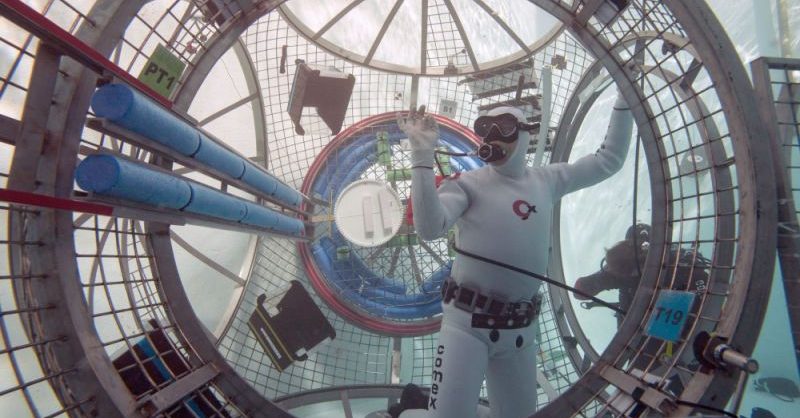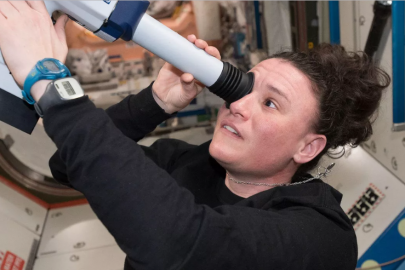Europe’s determination to build up its own, independent, tech infrastructure took a hit this week.
The European Union’s flagship technology project, the 10 billion-euro ($11 billion) Galileo satellite navigation system, went down for at least five days after a problem hit command centers in Italy and Germany. The outage caused no disruption because the EU economy – not to mention its military – could rely on existing systems, like the U.S.’s Global Positioning System.
But imagine the chaos if the U.S. infrastructure, which Europe is trying to wean itself off, hadn’t been available.
Galileo is designed to replace the U.S. system for Europe’s industries, individuals and armies. With self-driving cars, connected factories and 5G communications all close to deployment, having a reliable navigation system of its own will only become more important for the EU.
Operations were restored late Wednesday, said the EU Commission, which oversees the program. But the stigma remains.
Read more HERE




































